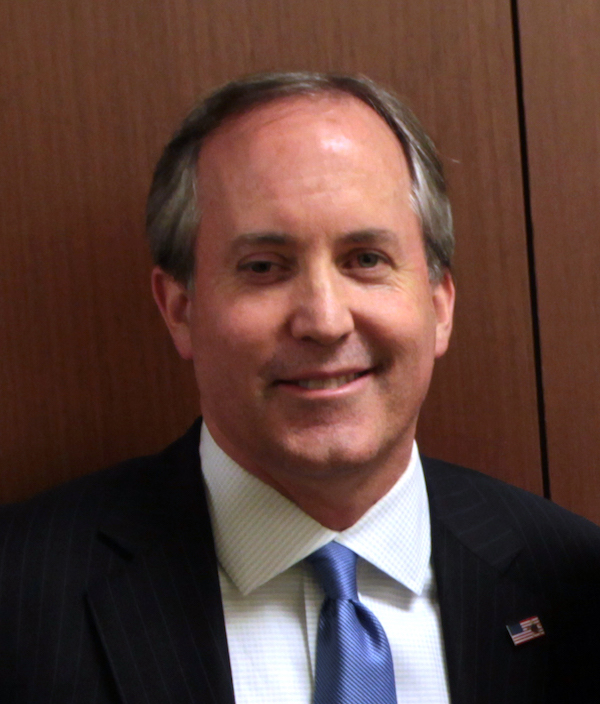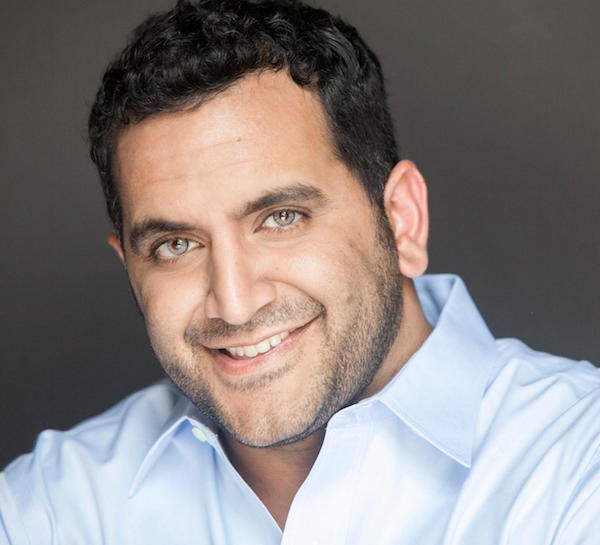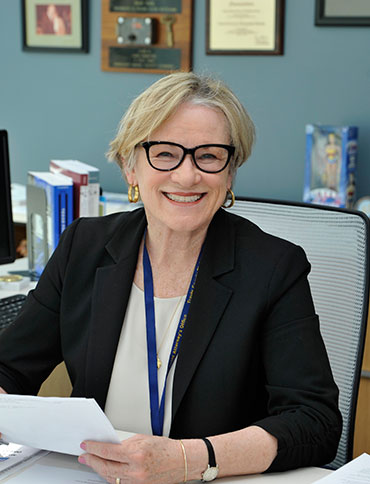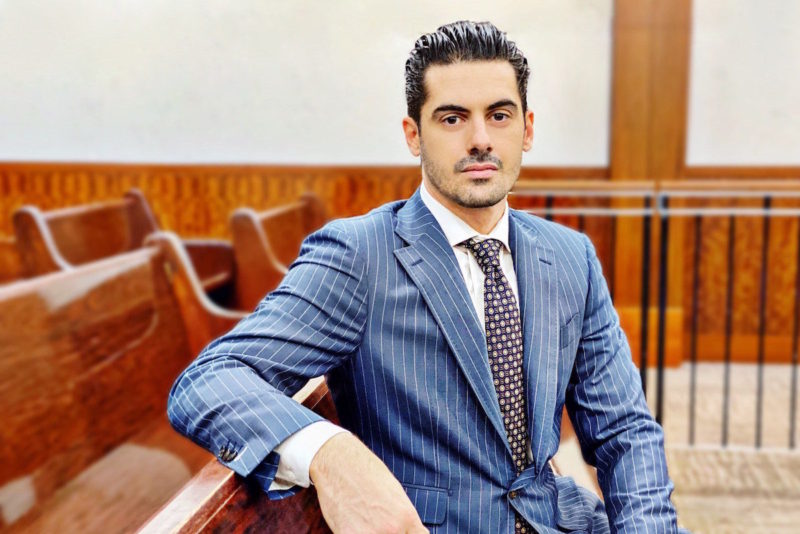A power struggle in the top echelons of the Texas Attorney General’s Office continues to play out after a full-blown mutiny erupted in early October among aides of Attorney General Ken Paxton.
Though not all details of the affair are known to the public, aspects of the drama have come to light through media leaks, court filings, and documents released by Paxton this week in an effort to defend himself and counter the narrative being pushed by his deputies.
The standoff erupted into public view Oct. 3, when the Statesman published a letter signed by the First Assistant Attorney General and six Deputy Attorneys General saying they had reported Paxton to “an appropriate law enforcement authority” over alleged crimes.
The officials informed Paxton about their criminal referral October 1 and sought an in-person meeting that same day, possibly to ask for his resignation. They accused Paxton, who declined the meeting, of abuse of office, improper influence, and bribery.
The allegations stemmed from actions taken by Paxton to commandeer prosecutorial resources of the Attorney General’s Office into defending Nate Paul, a real estate investor facing an FBI probe, who also gave $25,000 to Paxton’s 2018 reelection campaign.

Earlier this year, Paxton’s office intervened in lawsuits against Paul and his firm, World Class Holdings, which faces litigation from a slew of creditors.
Paxton in September also hired a Houston criminal defense attorney, Brandon Cammack, to serve as an “outside counsel” to investigate Nate Paul’s claims that the state and federal agents investigating him were guilty of misconduct, including employees at the State Securities Board, FBI, Department of Public Safety, and U.S. Attorney’s Office for Western Texas.
The attorney general’s actions on behalf of his mega-donor began to raise eyebrows within the agency. Paul’s claims had a whiff of desperation about them from the beginning, and upon investigation they were found to be baseless. Staff attorneys at the Attorney General’s Office vetted the complaint by Paul and found it lacked “any good-faith factual basis,” according to an email from senior aides obtained by The Texas Tribune.
Then there was the way that Paxton went about the matter. Despite the finding of his own agency attorneys, Paxton forged ahead by hiring an outside counsel. His pick of 34-year-old Brandon Cammack for the role raised further questions. If Paul’s claims really did need investigating, then why not just refer the matter to the Inspector General at the U.S. Justice Department?
Or, if the OAG was going to take lead on the matter, why not use career attorneys to do so? Why contract an outside attorney from a solo practice, whom Texas Bar records show had practiced law for fewer than five years?
If the mega-donor’s allegations of misconduct had any basis in fact, then getting to the bottom of the matter would require an investigator with experience working on federal cases. Cammack had none.

Undeterred, the young Houstonian got to work. He appeared before a Travis County grand jury Sept. 28 and obtained subpoenas relating to the Nate Paul matter.
For his work on the case, Cammack collected $300 per hour, according to a copy of his contract, which Paxton personally signed.
In a leaked internal email, an official at the Attorney General’s Office said that Cammack’s subpoenas included “personal telephone records of law enforcement officials, which appear intended for no purpose other than harassment of federal officials who are investigating Nate Paul.”
If Cammack had continued this work, he might have precipitated a legal battle with the federal government over access to witnesses and records within agencies like the FBI. He also could have pressured the State Securities Commission, which not only had investigated Paul, but also had investigated Paxton himself for securities fraud.
Countermoves
But the Houston lawyer wouldn’t stay long in the saddle.
Opposition to Paxton had coalesced among top agency leaders, and they moved swiftly to quash the probe.
Deputy Attorney General Mark Penley wrote a cease-and-desist letter to Cammack September 30, two days after the grand jury hearing. The letter, leaked to several media outlets, stated, “You have not been retained, authorized, or deputized by this office as such and your actions are entirely inappropriate and may be illegal.”
Penley directed Cammack to stop pursuing the case. He also filed a motion October 2 in the district court in Travis County where Cammack had obtained the subpoenas, seeking to quash the investigation.
Cammack, the motion said, “ostensibly (is) acting as a ‘Special Prosecutor’ for the Office of the Attorney General… (but) he is not properly authorized to act as a Special Prosecutor.”
The state district judge, Geoffrey Puryear, sided with Penley, granting the motion that same afternoon and terminating 37 subpoenas.
Honest Austin contacted Penley by email October 5 to ask how he had made the determination that Cammack had not been properly retained by the Attorney General’s Office.
While he didn’t respond, a later leaked email signed by agency deputies stated that Paxton “circumvented our office’s long-established outside counsel approval process, over the objections of the executive staff, to engage Mr. Cammack.”
The Attorney General himself released records October 7 pertaining to the same question, including Cammack’s contract. It’s not clear whether Penley had knowledge of this contract when he sent the cease-and-desist letter to Cammack.
Paxton Fights On
Since this scandal first erupted, Ken Paxton has suggested in media statements that his deputies are “impeding the investigation” into Paul’s claims, which he has sought to characterize as a legitimate investigation.
Paxton went as far as to call his deputies “rogue employees” and he vowed that he would continue to pursue the investigation on behalf of Nate Paul.
On October 5, he appointed Brent Webster to replace First Assistant AG Jeff Mateer, who had resigned October 9, the day before the Statesman broke news of the criminal referral regarding Paxton’s conduct.
According to a report in the Houston Chronicle October 8, Paxton also placed Mark Penley on “investigative leave.” That’s the deputy attorney general who quashed Cammack’s subpoenas.
In the meantime, the attorney general faced political pressure from top Texas Republicans. Chip Roy, a former first assistant attorney general and current U.S. congressman, called on Paxton to resign. Former Attorney General and U.S. Senator John Cornyn said in a television interview that he was “not happy” with the way Paxton had handled the agency, while adding he was reserving judgment on the actual accusations against him.
“It is pretty dramatic when his senior staff walk out and basically file a complaint against him. That’s unprecedented,” Cornyn said.
But Paxton dug in his heels, and he says that he won’t resign. As an elected official, Paxton can only be removed by voters at the next election, or impeached by the Texas House.
It’s also possible that he could be arrested and jailed, in which case he would de facto vacate the office. Kent Scaffer, a special prosecutor in Paxton’s pending securities fraud case — which is long-running and predates the current bribery allegations by some five years — told Texas Lawyer October 5 that he would seek to have Paxton’s bond in that case revoked, if Paxton were indicted for another crime elsewhere.
“When you’re under indictment in a felony case and you’re on bond, if you get a new violation, then your bond can be revoked and you can be held without bond,” he said.
A House Divided
Paxton’s decision not to resign leaves the Attorney General’s Office ‘a house divided,’ with the head of the agency openly at odds with top deputies.
Paxton’s accusers include Deputy First Assistant AG Ryan Bangert, Deputy AG for Policy James Brickman, Deputy AG for Administration Lacey Mase, Deputy AG for Civil Litigation Darren McCarty, Deputy AG for Criminal Justice Mark Penley, and Deputy AG for Legal Counsel Ryan Vassar.
They each say that they have “a good faith belief that the Attorney General is violating federal and/or state law… (and) knowledge of facts relevant to these potential offenses,” according to a leaked internal letter.
Though Paxton theoretically has more power over these officials to browbeat them into following his directives, he suffered a setback this past Friday when the Travis County District Attorney stepped in to undercut the credibility of Paxton’s investigation on behalf of Nate Paul.
That local prosecutor’s office had played a procedural role in the Nate Paul case by referring the matter to the Attorney General’s Office, after Paul approached them for an investigation.

Margaret Moore, the District Attorney, wrote in an open letter, “On June 10, 2020, my office sent to David Maxwell (Deputy Director at the AG’s Office) a letter referring a Request to Investigate (RTI) filed in our office by Nate Paul. The RTI was received by us after you asked my office to hear his complaints.”
In other words, the referral was a bit circular, with Paxton making use of the Travis County DA’s Office to give the matter an air of independence.
And that’s how he characterized the referral in a press release October 7, accompanied by a copy of the referral letter from Moore’s office. Paxton noted, “On June 10th, an investigative referral was made by the Travis County District Attorney General’s office, directly to David Maxwell, Director of Law Enforcement, in relation to an investigation of the FBI, Department of Justice, Department of Public Safety, individuals in the U.S. Attorney’s Office for the Western District of Texas, and a federal magistrate.”
Paxton’s document dump that day also include a copy of the contract with Cammack, intended to show that the arrangement was above-board, and a statement from the Houston attorney that he had no conflict of interest.
‘End This Course of Conduct Immediately’
Deputies to Paxton continued to pressure him. The day following Paxton’s document release, a leaked email from the whistleblowers appeared in major publications, including the Dallas Morning News and Texas Tribune.
The email, addressed to Paxton and his new second-in-command, Brent Webster, stated that Cammack’s investigation was “(serving) the interests of a private citizen bent on impeding a federal investigation into his own alleged wrongdoing and advancing his own financial interests.”
“We urge you to end this course of conduct immediately.”
They added, “This office’s continued use of the criminal process, in a matter already determined to be without merit, to benefit the personal interests of Nate Paul, is unconscionable.” The signatories were Ryan Bangert, Blake Brickman, Lacey Mase, Darren McCarty and Ryan Vassar.
Travis County DA’s Margaret Moore’s letter also undercut Paxton’s narrative. She revealed, “The referral to the OAG was made with your approval. We did not conduct any investigation into the merits of the matter complained of.”
“The referral cannot and should not be used as any indication of a need for investigation, a desire on the Travis County D.A.’s part for an investigation to take place, or an endorsement of your acceptance of the referral.”
Moore went on: “My office has closed this file and will take no further action. Furthermore, I have instructed my employees to have no further contact with you or your office regarding this matter.”
“Any action you have already taken or will take pursuing this investigation is done solely on your own authority as provided by Texas law. The newly surfaced information raises serious concerns about the integrity of your investigation and the propriety of your conducting it.”
Paxton Closes Nate Paul Investigation
Paxton took this as his cue to retreat. He stated in an emailed statement Friday, October 9, “Today, Travis County notified our office it was closing their file from complainant Nate Paul. In this case, we can only investigate in response to a request for assistance from the District Attorney’s office.
“This investigation is now closed.”
In the meantime, new details have begun to emerge about possible ties between Cammack and Michael Wynne, the defense attorney of Nate Paul.
Cammack and Wynne are friends on Facebook, and two have dealt with each other at the Houston Bar Association, where Wynne is chair and Cammack is chair elect.
Wynne and Cammack also both appear to be members of the Downtown Houston Rotary Club; Wynne in February posted a photo on his Facebook page showing both he and Cammack at an event of the club.
Moreover, it appears that Cammack and Nate Paul’s defense attorney were coordinating during the investigation that Cammack launched.
Citing an anonymous bank official, the Houston Chronicle reported that Wynne was present when Cammack personally served a subpoena on the bank about a week ago. The real estate attorney’s defense lawyer reportedly also was present at the grand jury proceeding in Travis County where Cammack obtained subpoenas for his inquiry.
Some Texas attorneys have questioned whether Cammack had the authority to issue subpoenas, even assuming he had been properly contracted by the Attorney General’s Office.
His status as an ‘outside counsel’ didn’t give him the power to actually prosecute, and subpoena powers are typically limited to prosecutors. Cammack’s contract limits the scope of his work to investigation.
